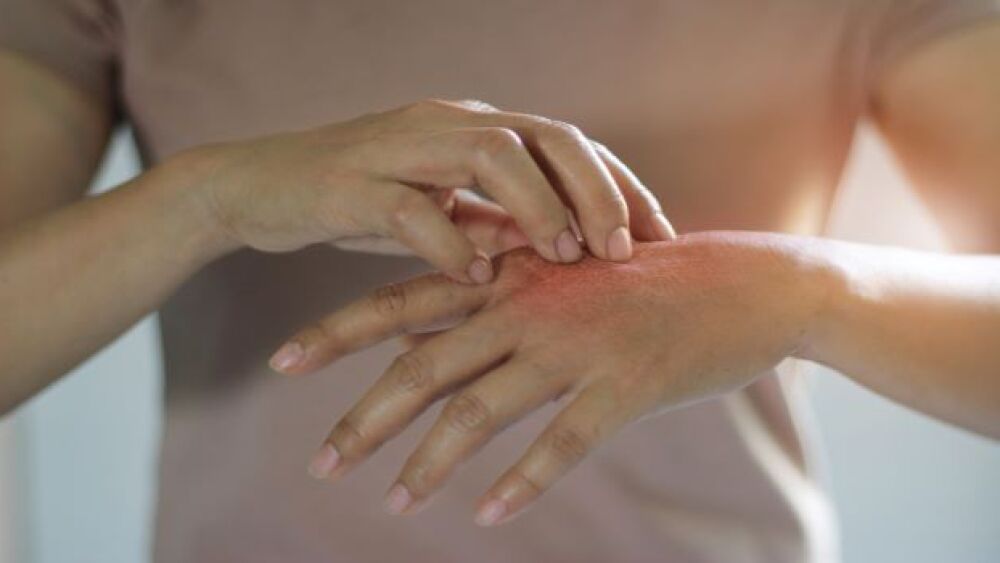Edesa Biotech’s EBO1, a monotherapy for moderate-to-severe chronic Allergic Contact Dermatitis (ACD), showed mixed results compared to placebo in Phase II, the company announced Tuesday.
Courtesy of Getty Images
Edesa Biotech’s EBO1, a monotherapy for moderate-to-severe chronic Allergic Contact Dermatitis (ACD), showed mixed results compared to placebo in Phase II, the company announced Tuesday.
The study included 200 patients who were treated for 28 days with either 1%, 2% or 0.2% EB01 cream versus a placebo. Of these, only the 1% dose produced statistically significant results.
Edesa shares fell almost 35% following the announcement to $1.65 per share.
On day 29, patients treated with 1.0% EB01 demonstrated a 60% average improvement in symptoms from baseline compared to 39% for those treated with placebo. Those treated with the 2% and 0.2% formulations did not meet the primary or secondary efficacy endpoints.
The candidate also reached the study’s ISGA secondary endpoint, measured by the number of patients who achieved a score of “clear” or “almost clear” at day 29 on the Investigator’s Static Global Assessment (ISGA) scale. Ultimately, 53% of patients treated with EBO1 achieved this score, compared to 29% of those treated with placebo.
While Par Nijhawan, M.D., CEO of Edesa, said the company expected the highest dose to deliver favorable results, the positive data from the lower dose could make the cost of the candidate significantly lower if it becomes available to the public.
The primary symptom of ADC is an itchy rash caused by direct contact with or an allergic reaction to an allergen. The rash normally appears on the face or hands.
According to Edesa, ADC is one of the most common occupational health illnesses in the United States and costs the country up to $2 billion annually due to “lost work, reduced productivity, medical care and disability payments.”
Edesa predicts it will complete a full analysis of the Phase IIb data by midyear. After the investigation is complete, the company stated it will prepare for an end of Phase II meeting with the FDA to discuss the next steps.





